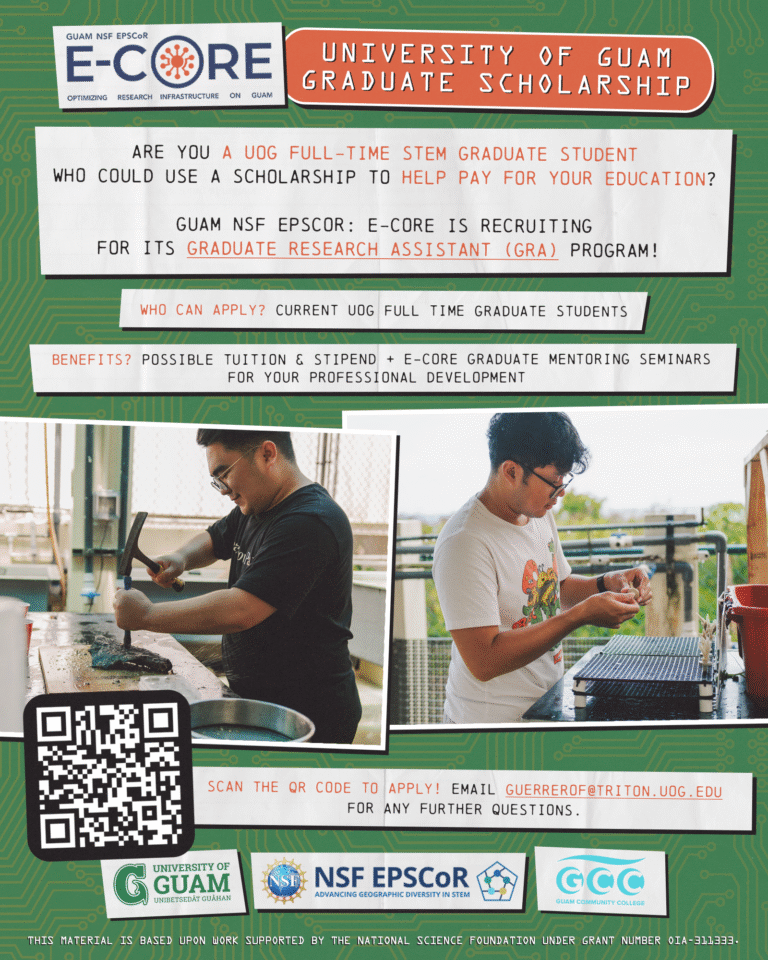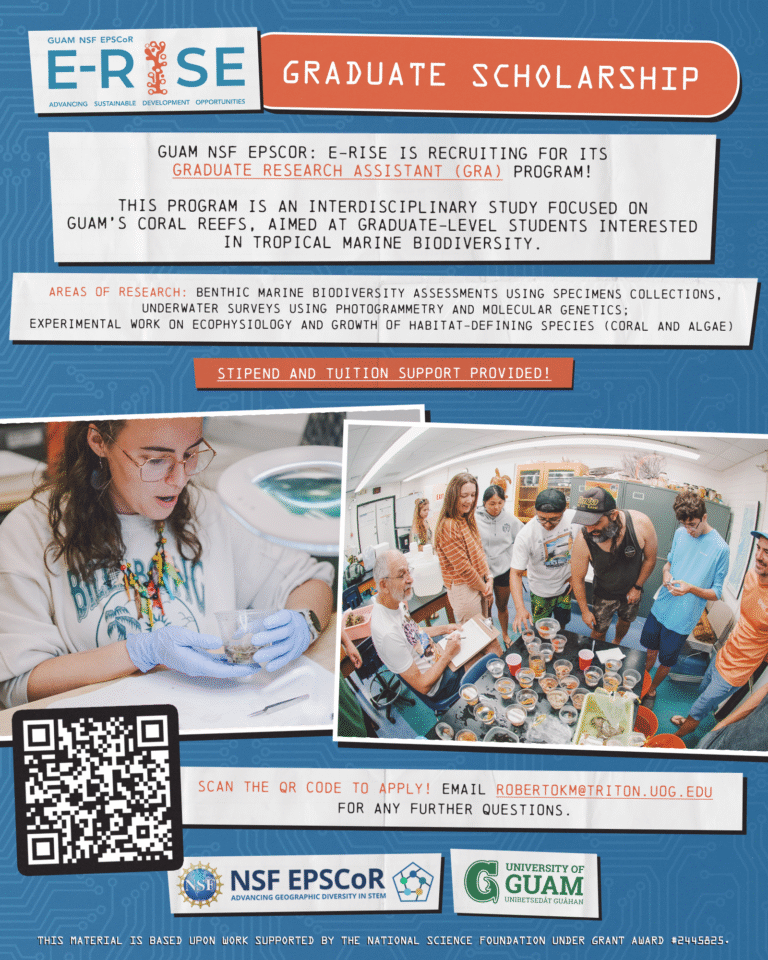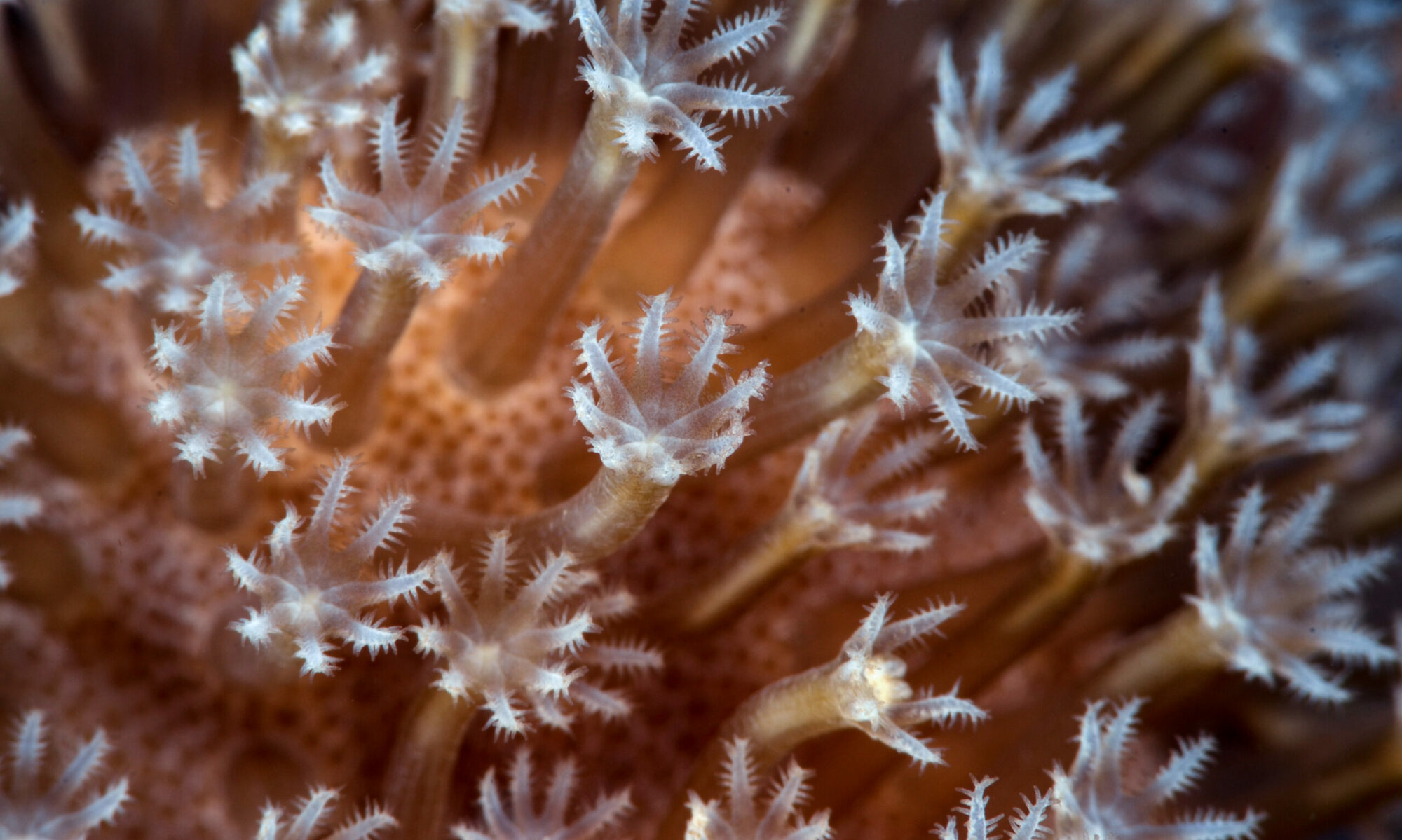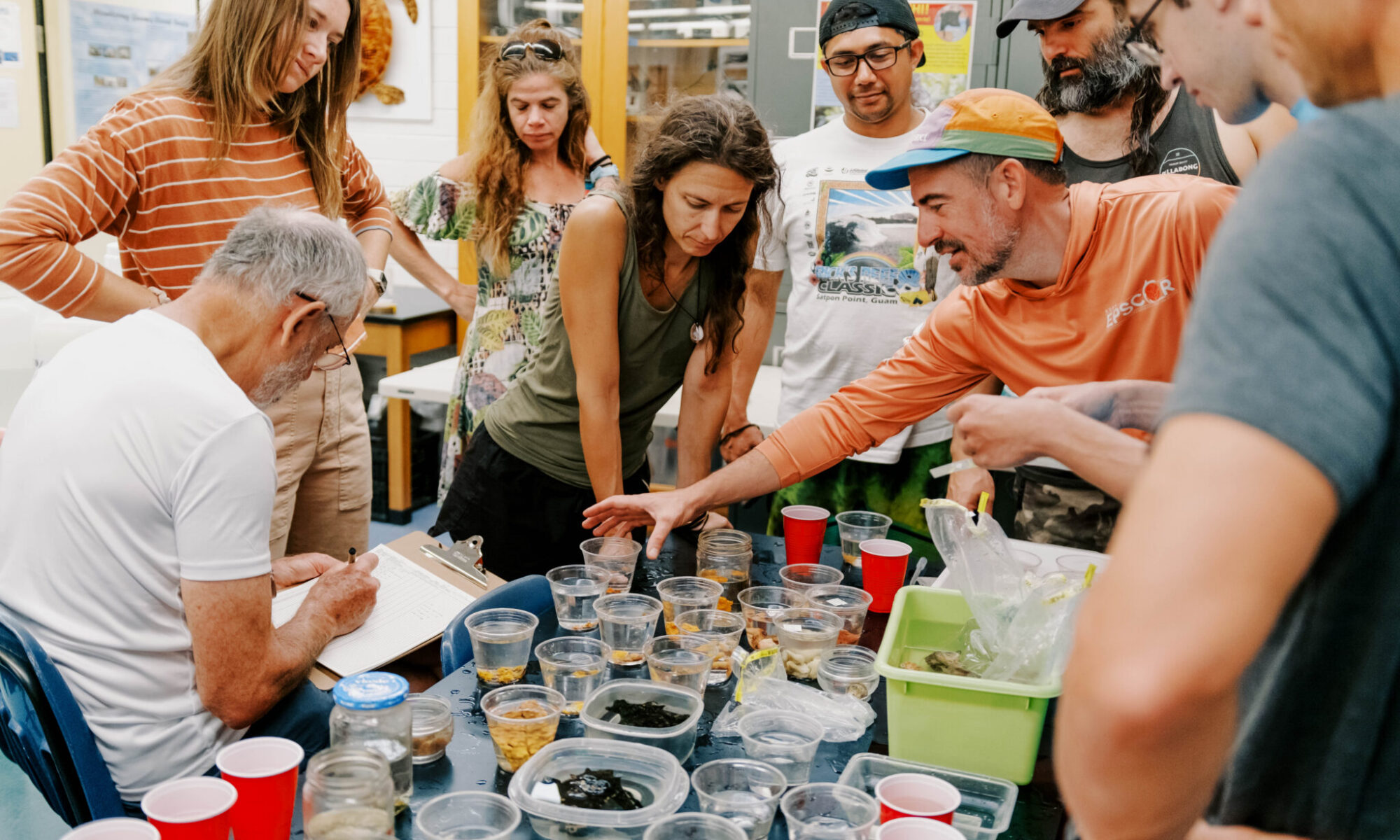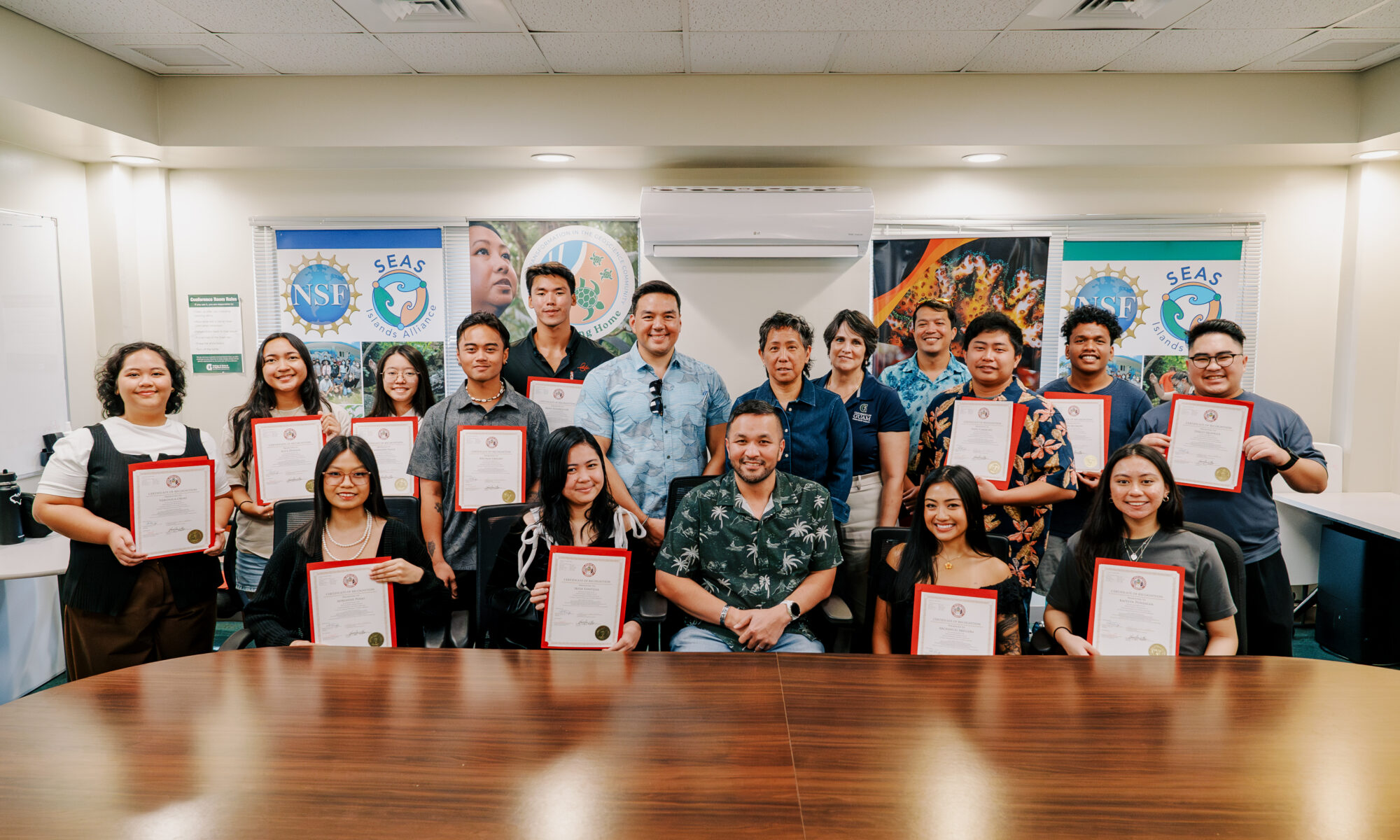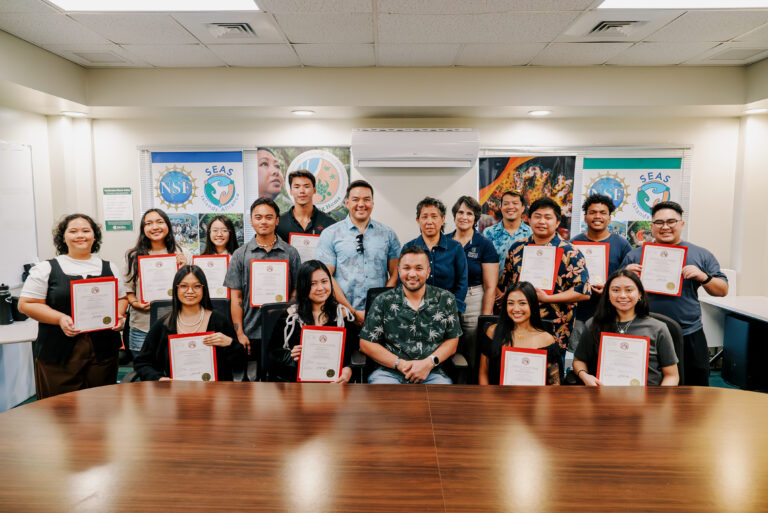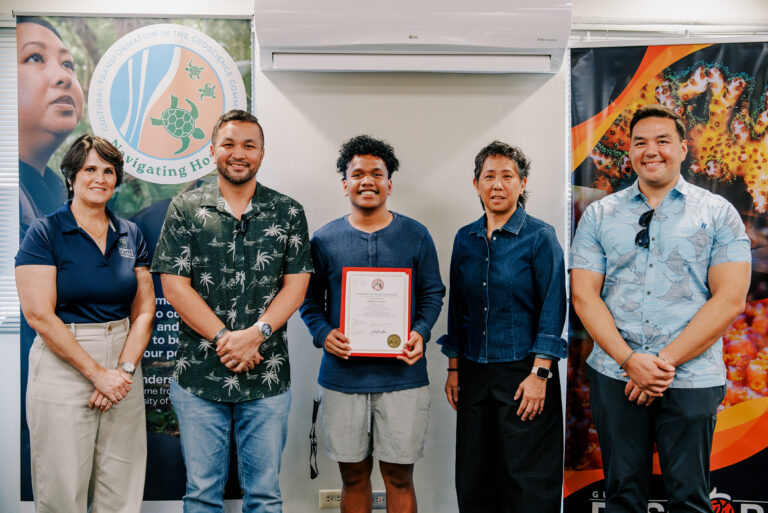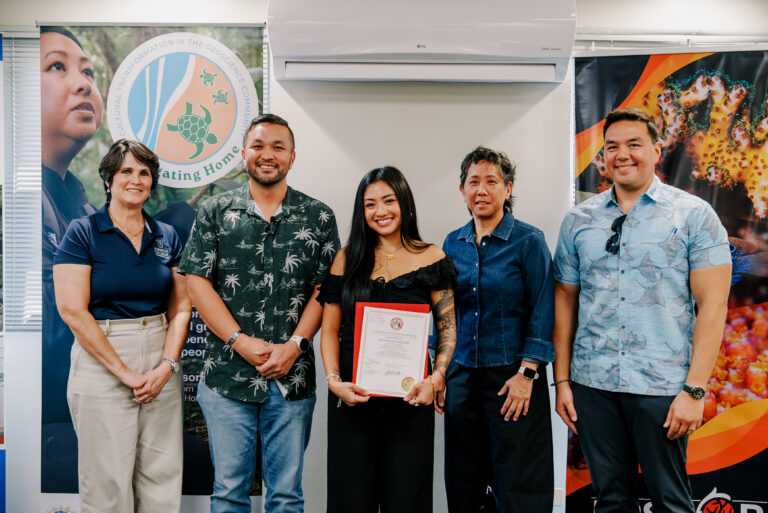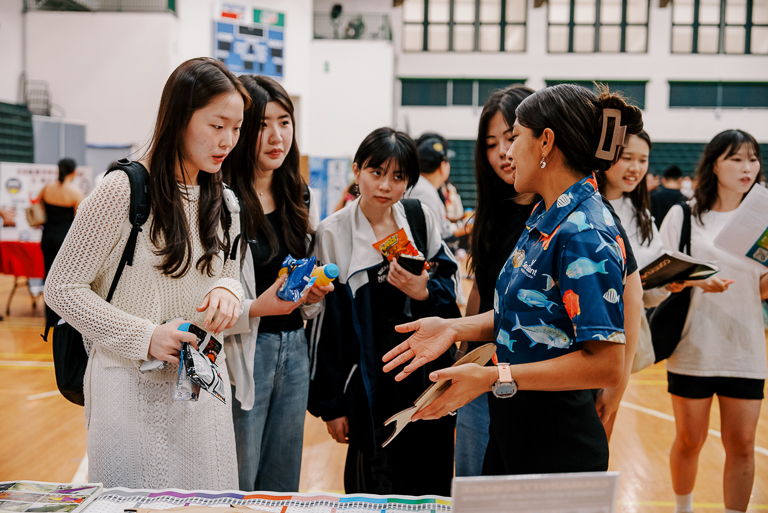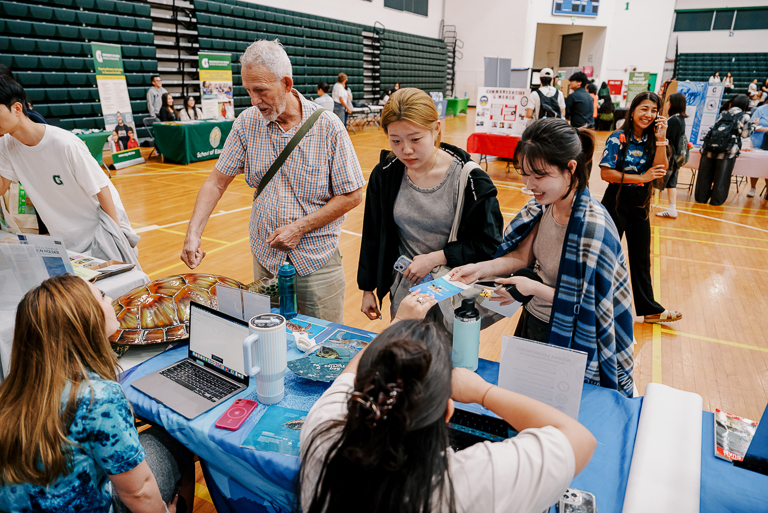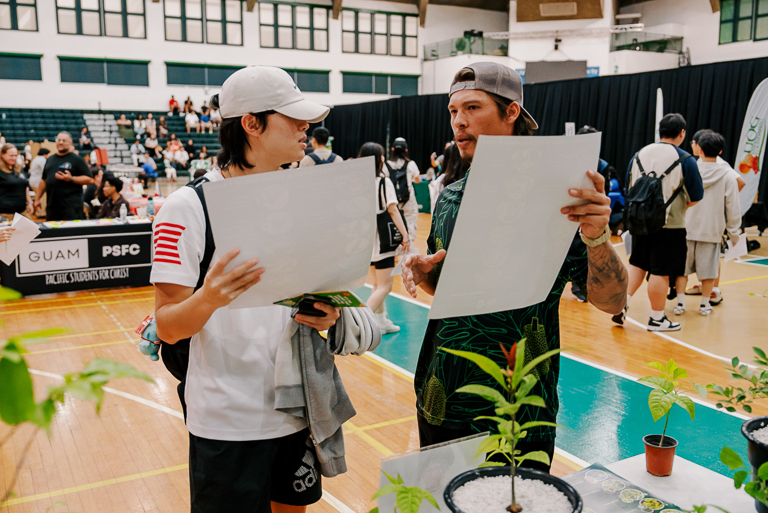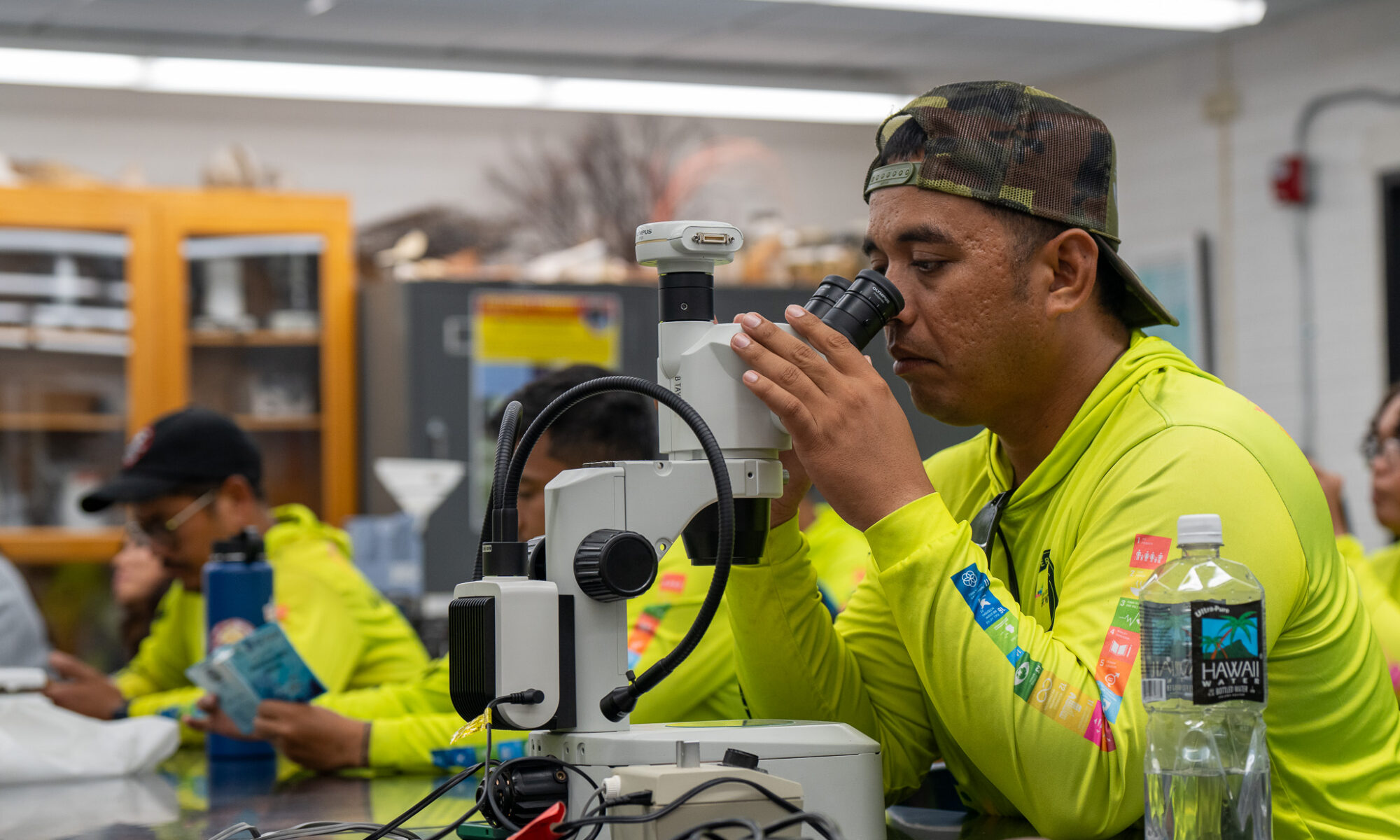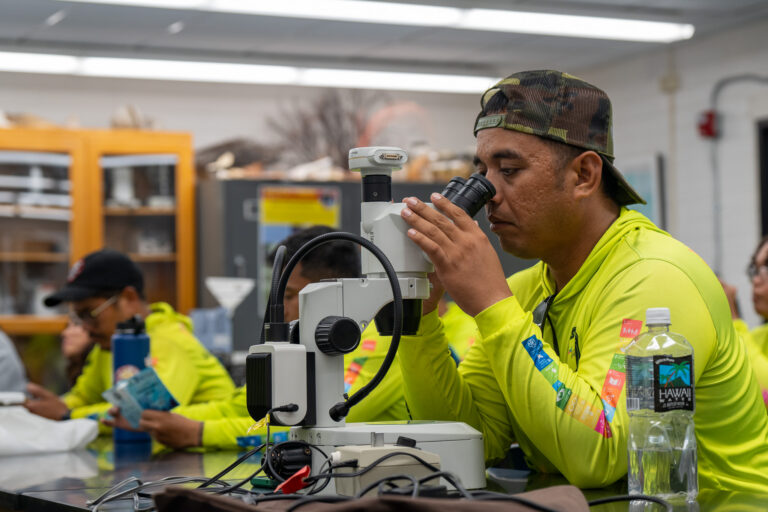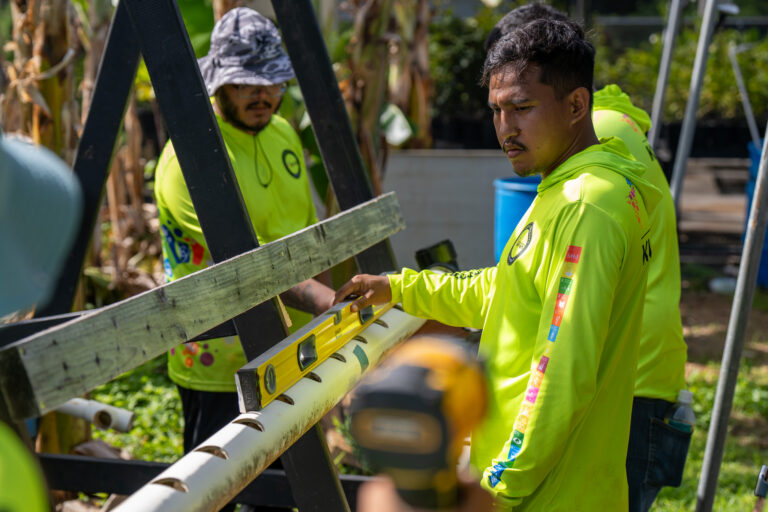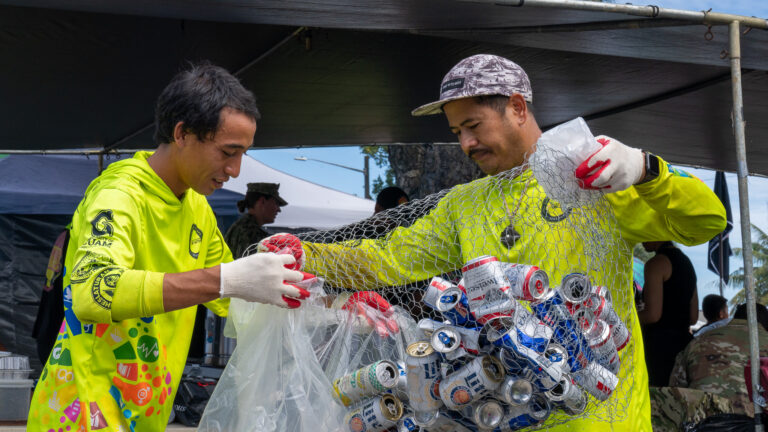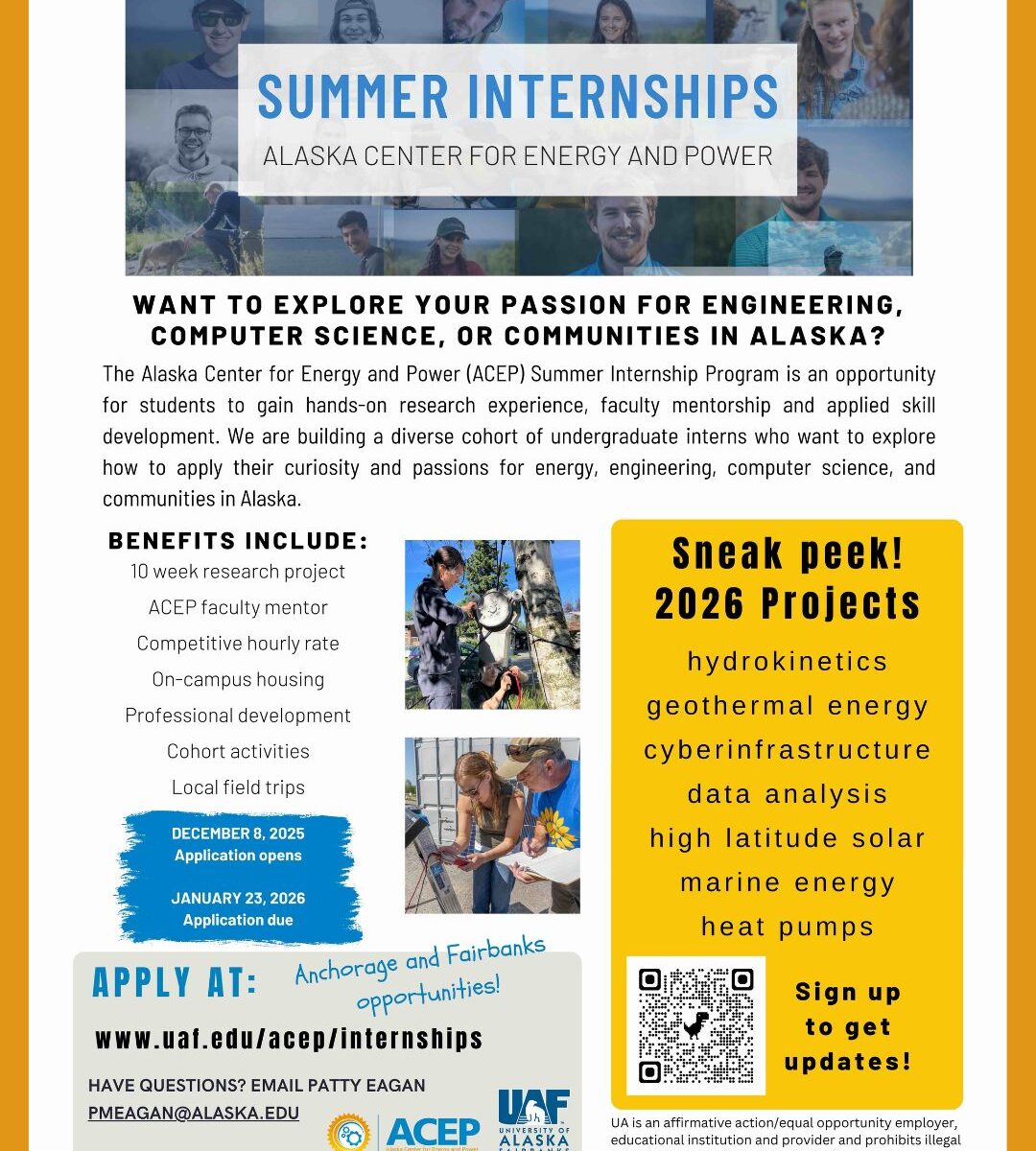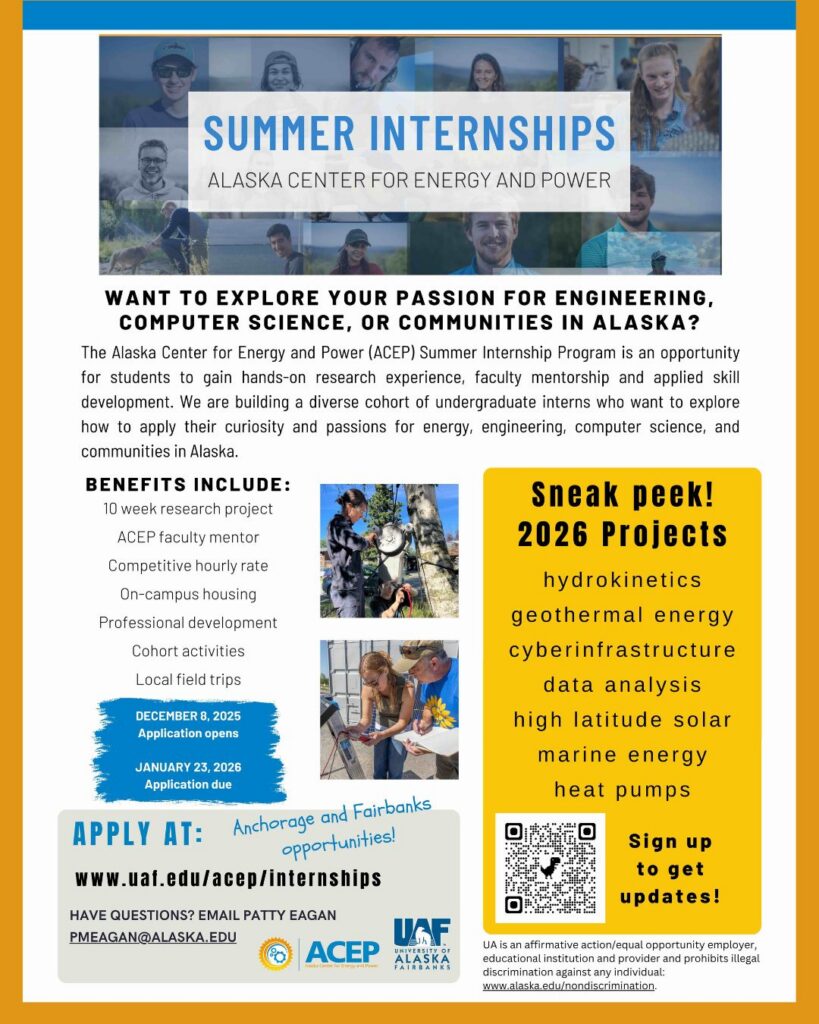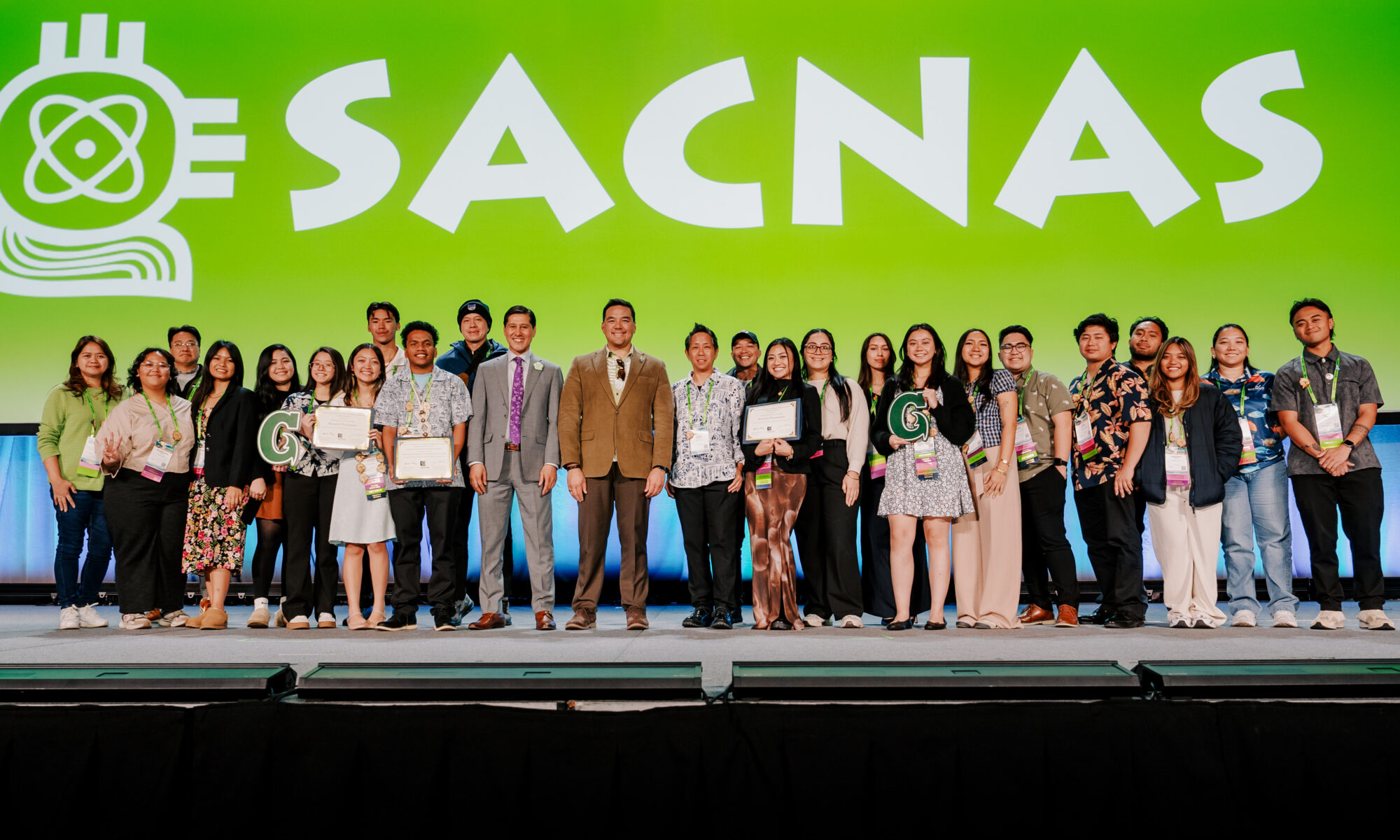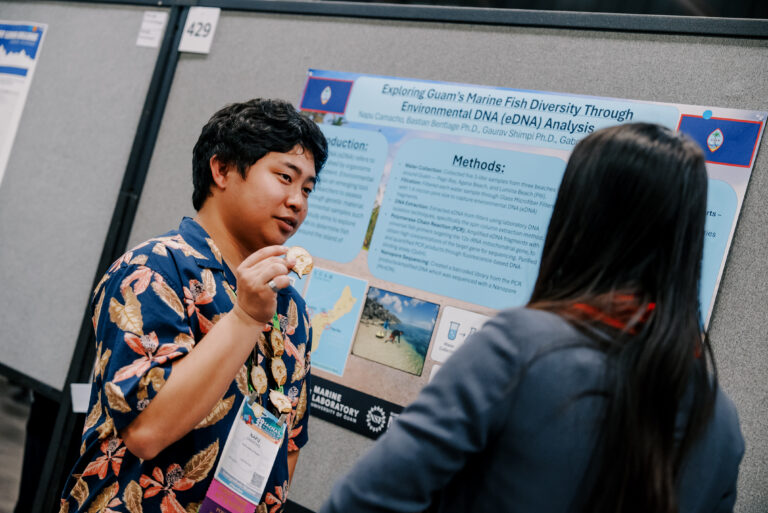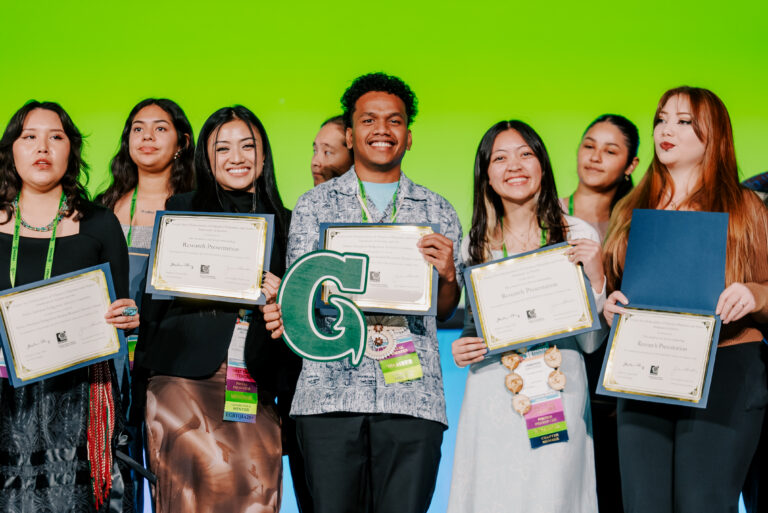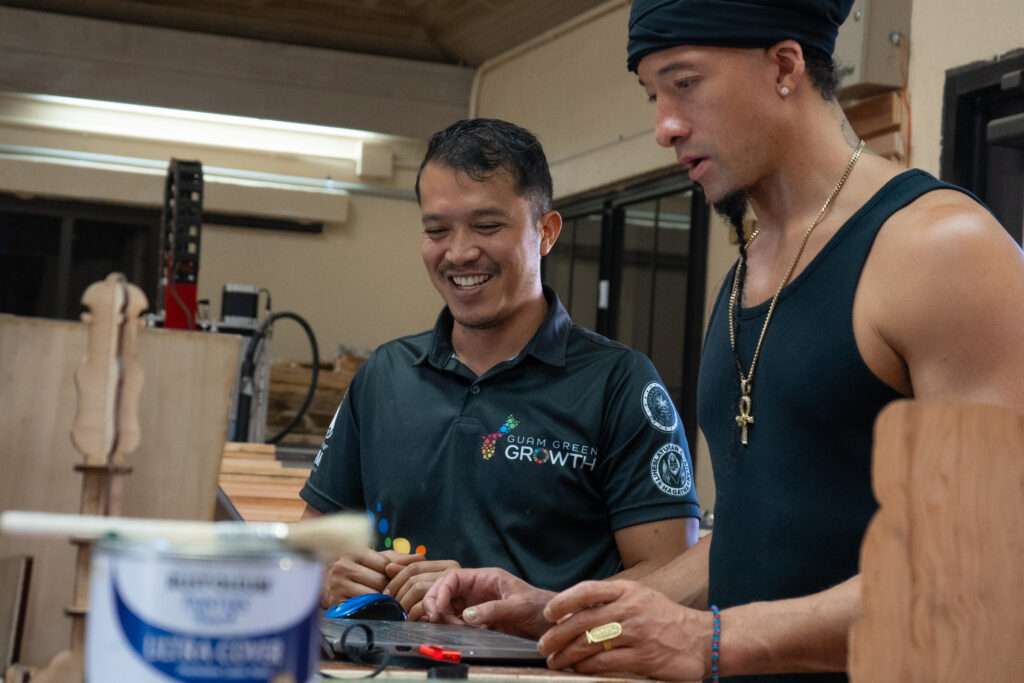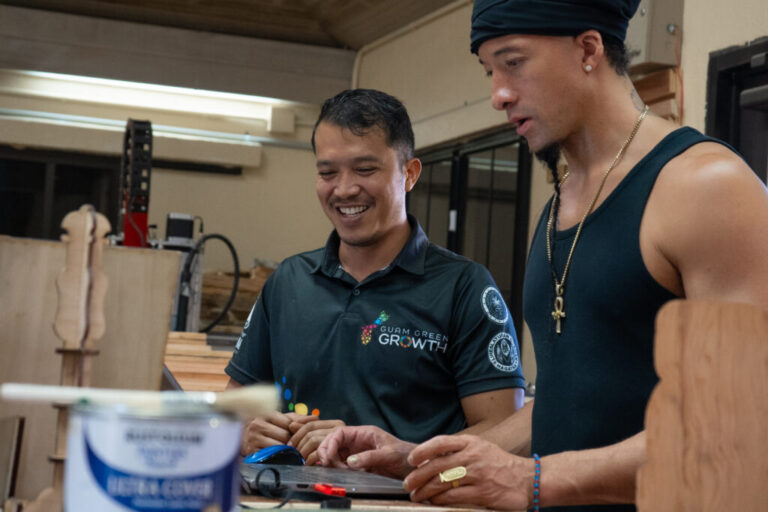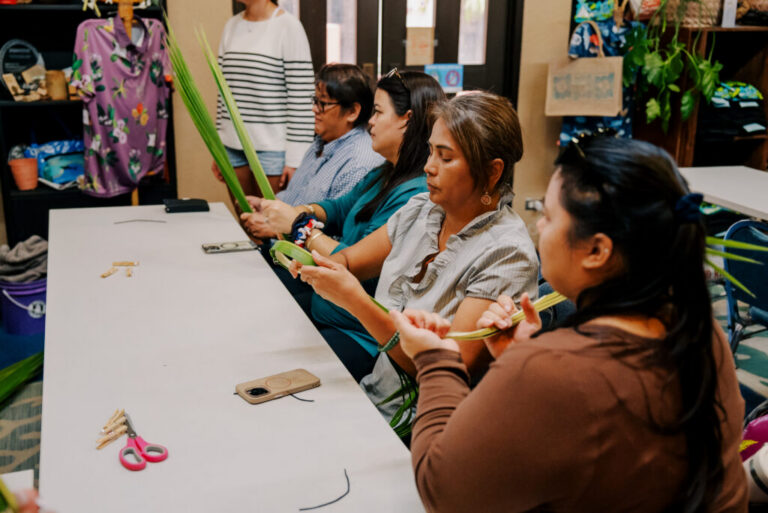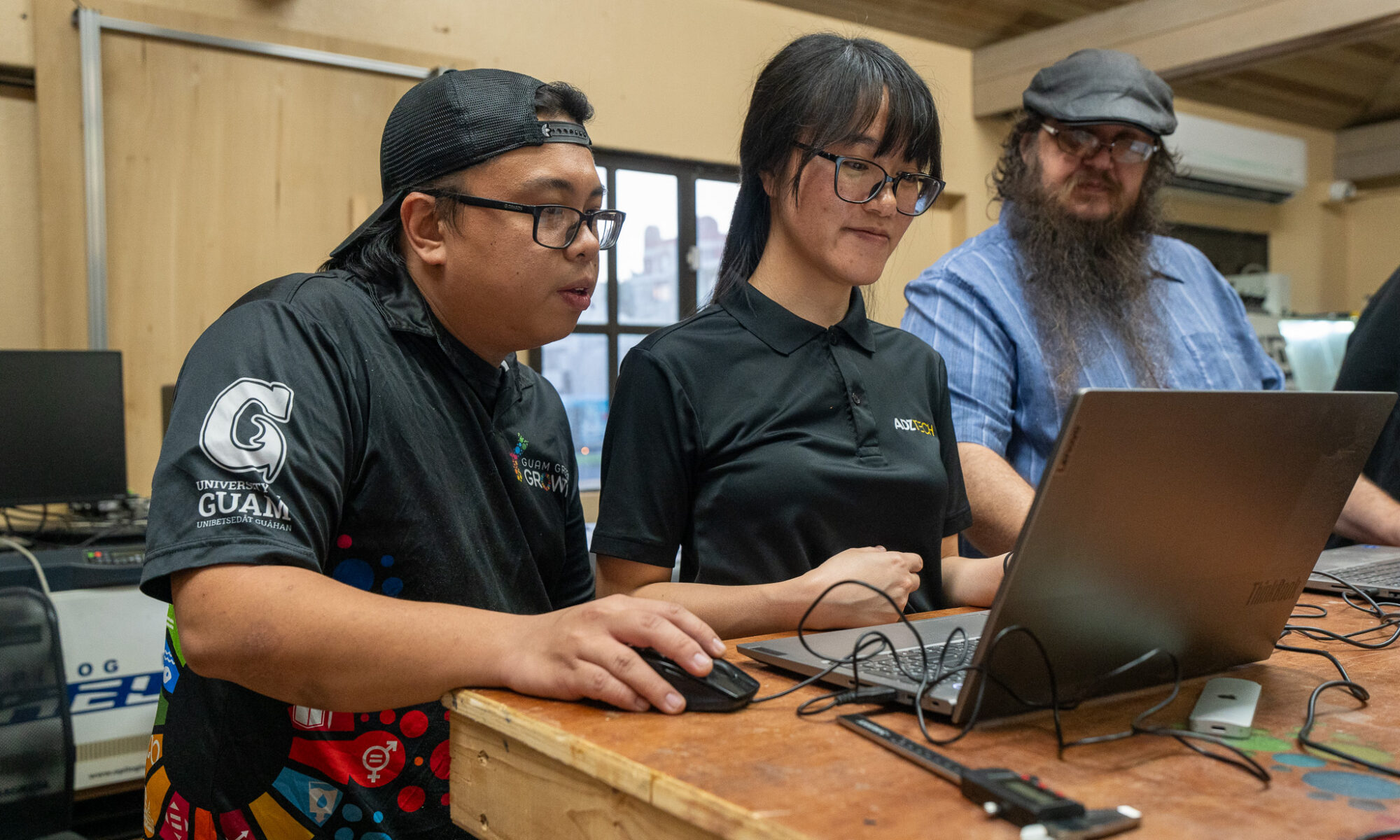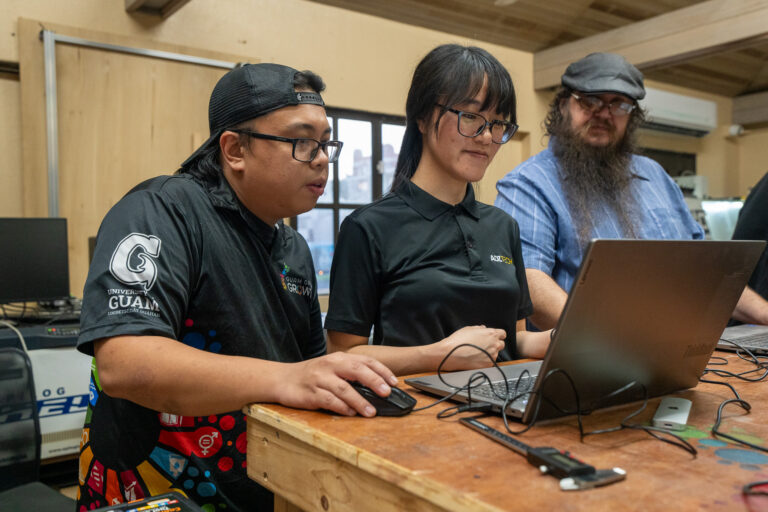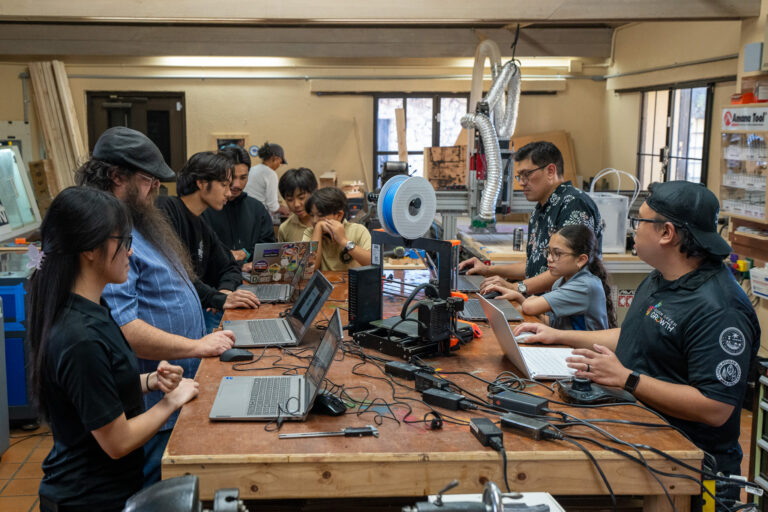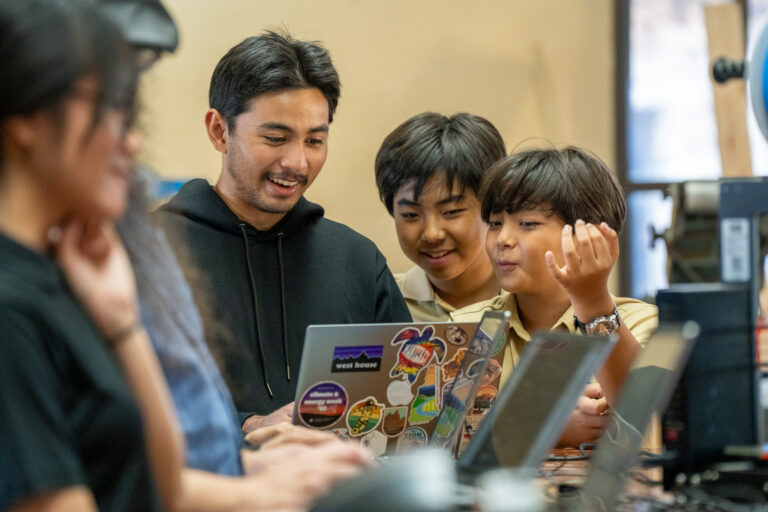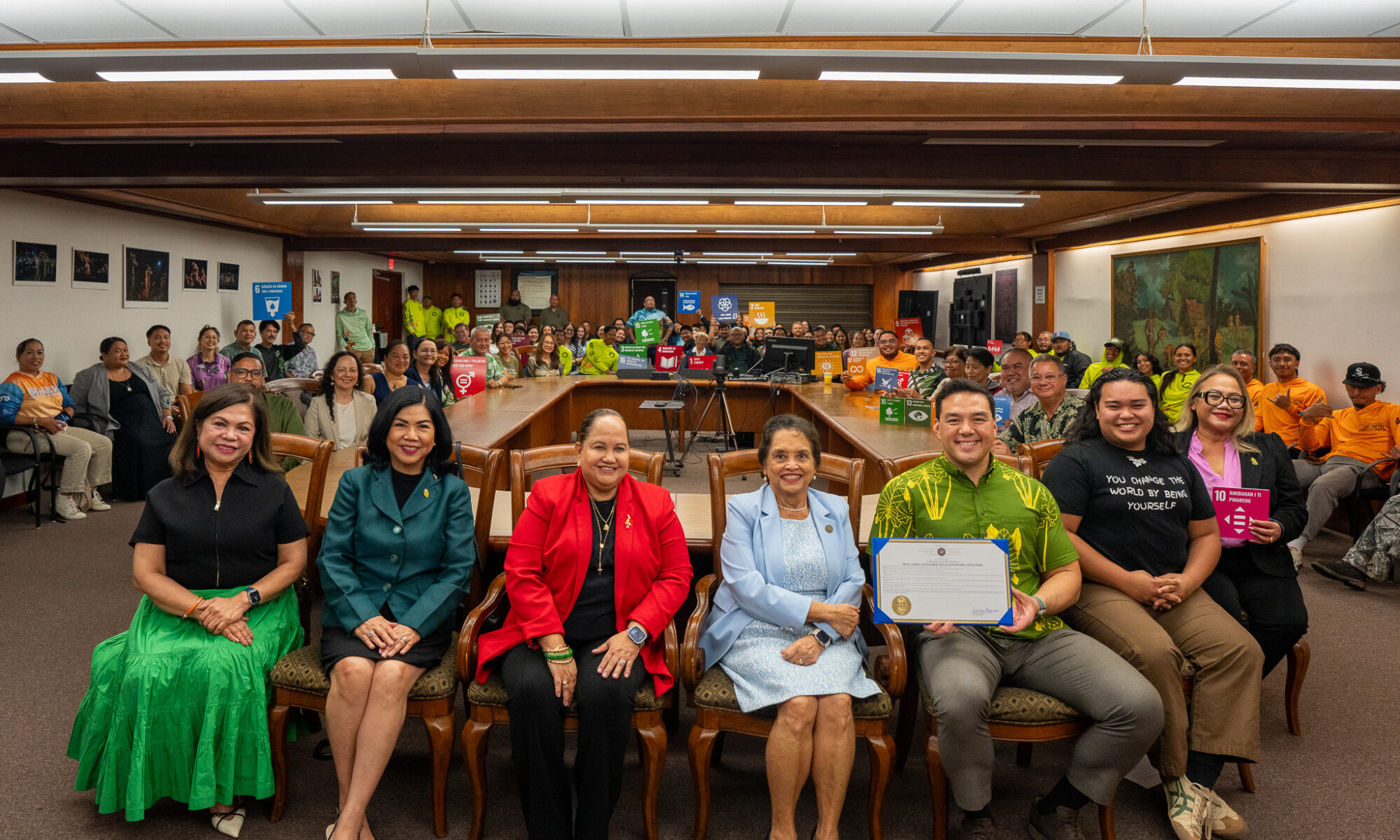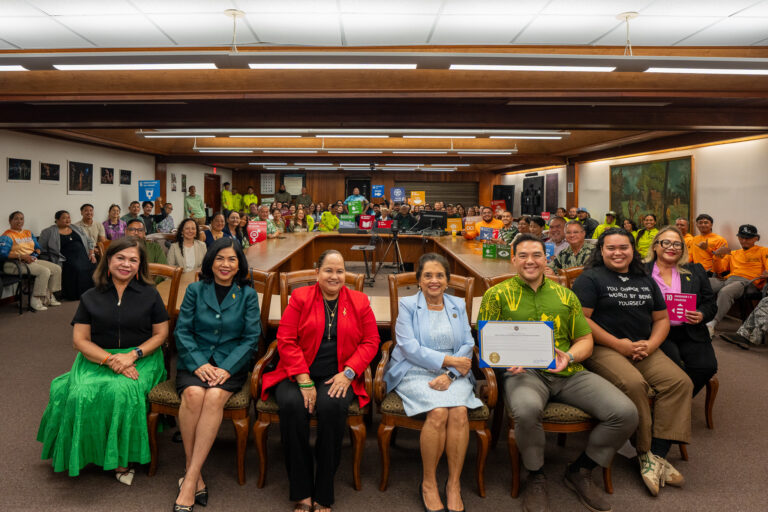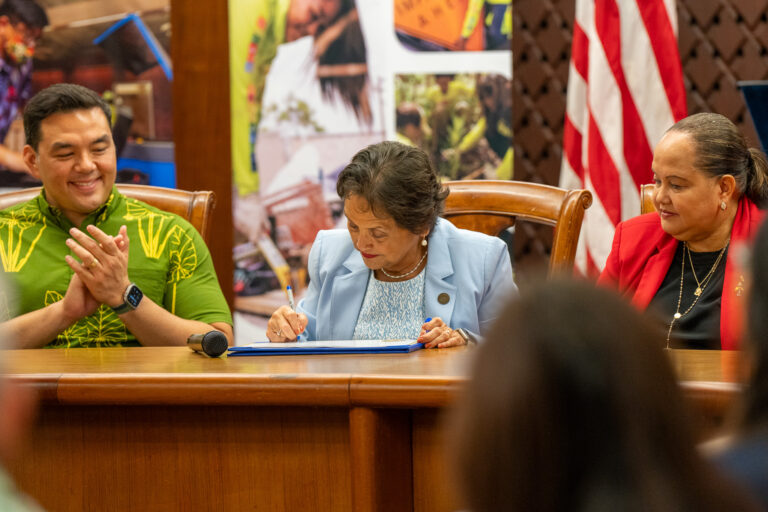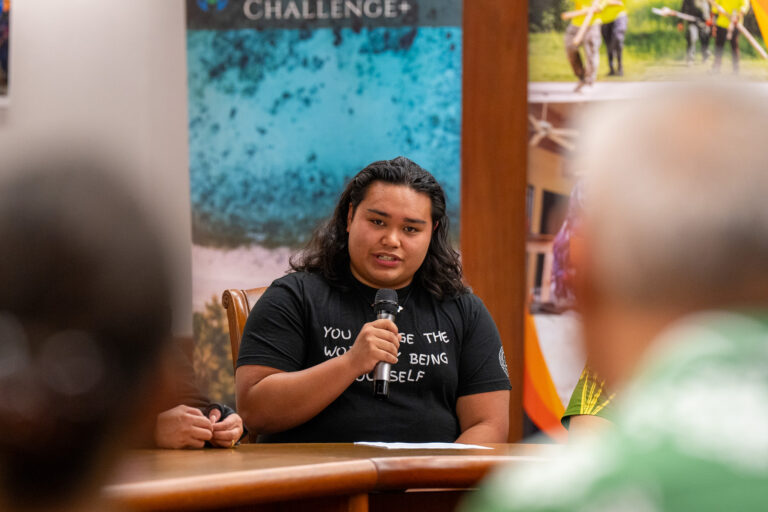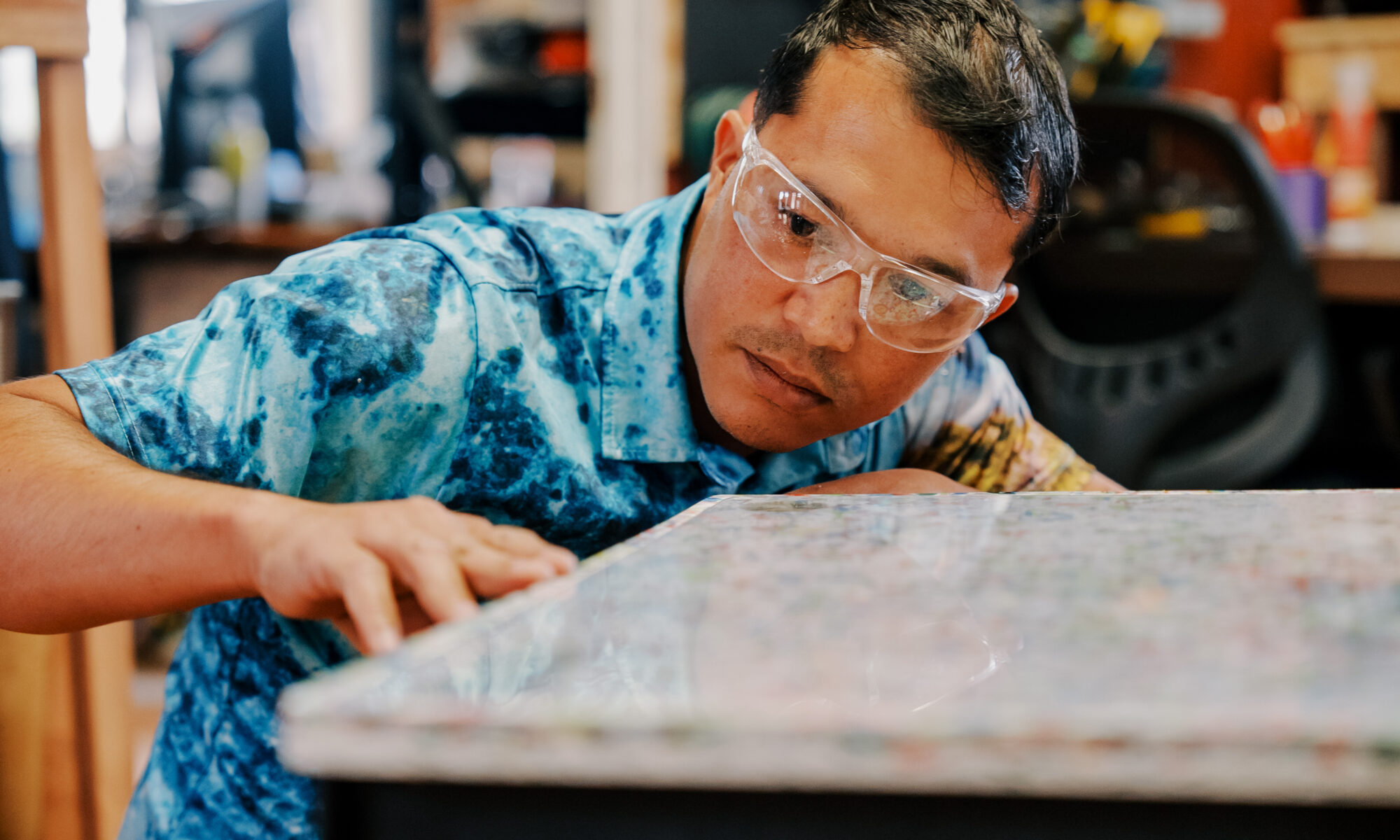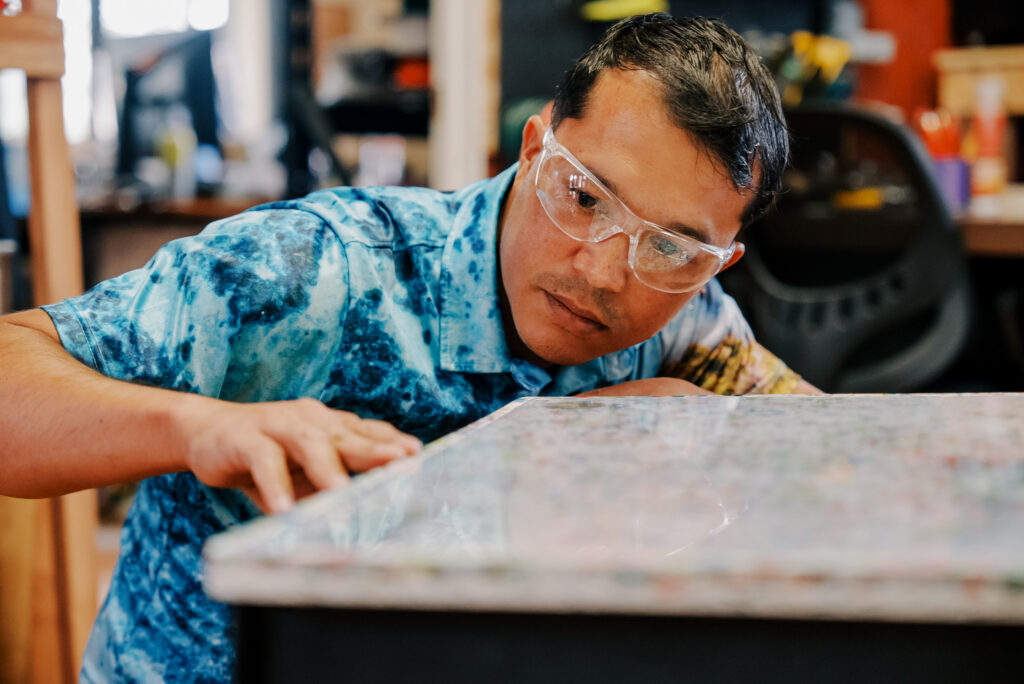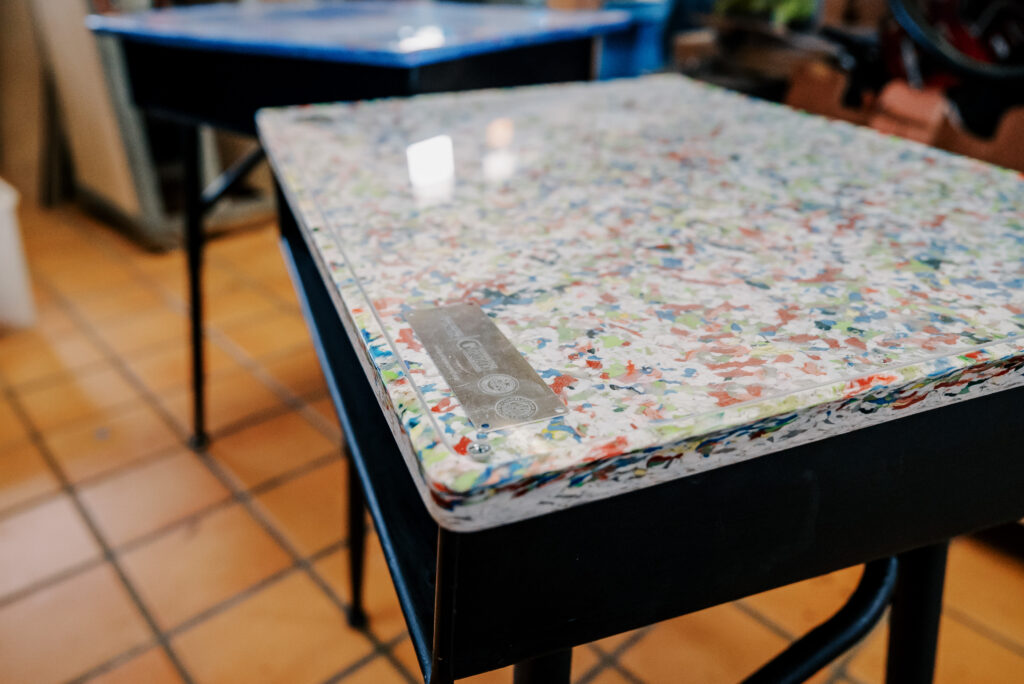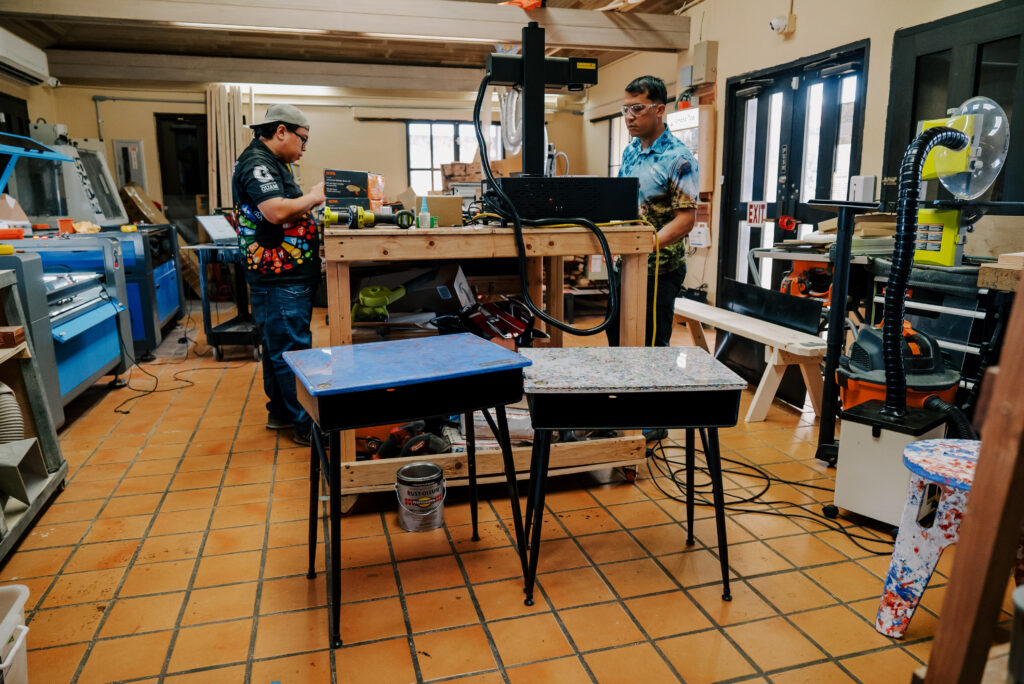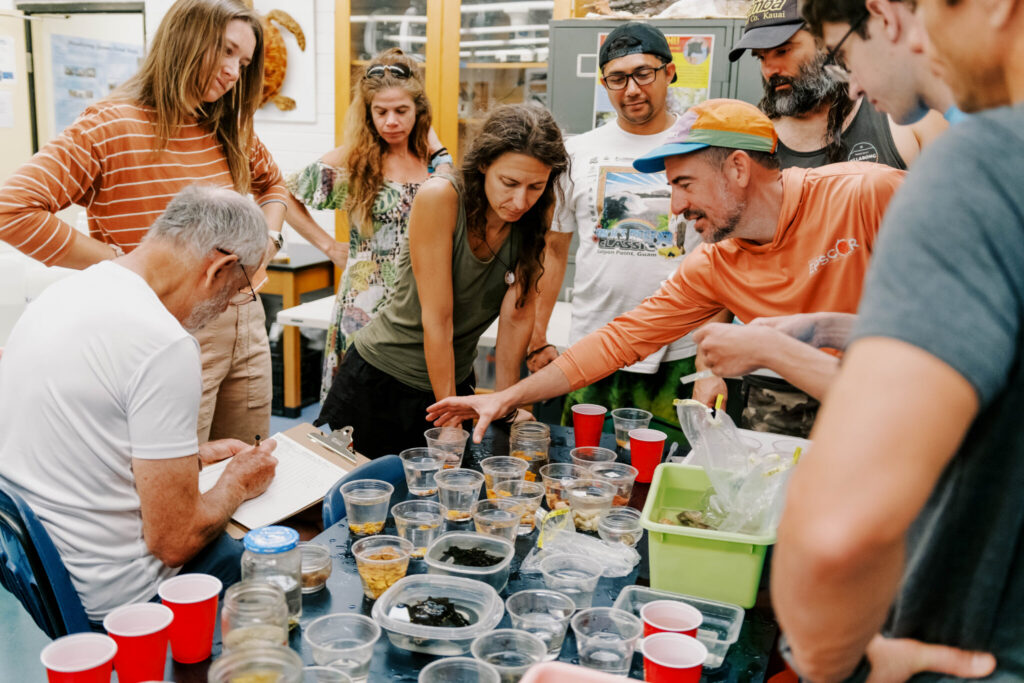
The Guam National Science Foundation Established Program to Stimulate Competitive Research (Guam NSF EPSCoR) at the University of Guam (UOG) has announced a new recruitment cycle for Graduate Research Assistants (GRAs) under its E-CORE and E-RISE initiatives, offering tuition support, stipends, and professional development opportunities for eligible graduate students.
Both programs are seeking full-time graduate students in STEM fields to support research efforts that advance scientific infrastructure and environmental understanding on Guam.
E-RISE: Advancing Biodiversity and Ecosystem Research
The E-RISE (Enhancing Research Infrastructure and Scientific Education) program is recruiting GRAs for interdisciplinary research focused on Guam’s coral reef ecosystems. The initiative targets graduate-level students interested in tropical marine biodiversity.
Research areas include:
- Benthic marine biodiversity assessments using specimen collections
- Underwater surveys employing photogrammetry and molecular genetics
- Experimental ecophysiology and growth studies of habitat-defining species such as corals and algae
The E-RISE program provides stipend and tuition support to selected students.
“The E-RISE program is excited to welcome new applicants for this GRA cycle,” said E-RISE principal investigator Bastian Bentlage, Ph.D. “This is a great opportunity for students to dive deeper into Guam’s marine biodiversity and become part of a dynamic research team contributing to understanding and responsible stewardship of our natural resources. We look forward to train and mentor our students here in Guam in those areas.”
According to E-CORE co-principal investigator Cheryl Sangueza, Ph.D., E-RISE scholars are also provided comprehensive mentoring during the program.
Students with questions about E-RISE may contact program assistant Kikue Roberto at robertokm@triton.uog.edu.
E-CORE: Supporting STEM Graduate Scholars
The E-CORE (Optimizing Research Infrastructure on Guam) program is also recruiting Graduate Research Assistants. The scholarship is designed for full-time graduate students in STEM disciplines who do not currently receive grant-funded support.
In addition to possible tuition and stipend assistance, E-CORE scholars will participate in graduate mentoring seminars aimed at strengthening professional development skills.
Terry Donaldson, Ph.D., is the principal investigator for the E-CORE grant and has seen the success of students through his work as the PI on one of the largest research grants in UOG history, Guam NSF EPSCoR’s GECCO, which brought over 22 million dollars to the university.
“This GRA program will provide opportunities to students that may not have had funding support before,” said Donaldson. “This program goes far beyond the funding though, with the opportunity for mentorship and professional development really helping to elevate our growing talent here on Guam.”
For additional information about E-CORE, students may contact program assistant Franki Guerrero at guerrerof@triton.uog.edu.
Application Information
The initiatives are part of Guam NSF EPSCoR’s broader mission to advance geographic diversity in STEM and strengthen research capacity at UOG and its partner institutions, including Guam Community College.
Eligible graduate students seeking financial support and research experience are encouraged to apply by visiting guamepscor.uog.edu.
